South Dakota State University Project Report – Quarter 1 FY 2022
South Dakota State University (SDSU) researchers are conducting studies funded by Northern Soy Marketing (NSM) to determine nutritional value of soybean meal (SBM) from different origins fed to swine and poultry. Four separate experiments will be conducted in this project: a poultry energy study to determine metabolizable energy of SBM fed to broiler chickens; a swine energy study to determine metabolizable and net energy of SBM; a poultry amino acids study to determine standardized ileal digestibility of amino acids (AAs) for SBM and a swine AAs study to determine standardized ileal digestibility of SBM. The SBM samples will be obtained from the U.S. Western Corn Belt, U.S. Midsouth, U.S. Southeast/East Coast, Brazil and Argentina. Validation of the nutritional value of SBM in monogastric diets to optimize diet formulation and improve animal performance will increase the market potential for SBM inclusion in poultry and swine diets, resulting in higher demand for soybeans. In addition, differentiation of the nutritional value from northern U.S. soybean meal will promote its use for animal feeding, helping international customers with their purchasing decisions which will increase overall demand from the international market.
The project will be conducted at the SDSU swine facilities. The SDSU swine facilities have two main purposes: education to help people see and understand how much the pork industry focuses on animal well-being in all areas of pork production; and research focusing on ensuring production of high quality, nutritious pork using sustainable precision farming practices. SDSU’s nationally recognized swine research program has generated over $6 million in research funds since its opening in August 2017 and was supported by the South Dakota, Minnesota and Iowa Pork councils, as well as the South Dakota and Minnesota soybean checkoffs. The bio-secure facilities house 150 sows and their litters and 1,200 pigs in a wean-to-finish barn. The production system is designed for 24–28 sows to give birth every four weeks, producing about 275 pigs every month. Piglets are weaned at 21 days of age with the majority of pigs being raised to market weight in the wean-to-finish barn. The facility contains a 50-seat classroom and raised hallway with observation windows that are used for teaching and outreach. The observation hallway allows visitors to view key aspects of modern pork production without having to shower in. The viewing windows help fulfill SDSU’s mission of providing teaching, research and Extension opportunities to the public. The facility also contains a fully equipped surgical suite that allow researchers to conduct special surgeries to help understand how nutrition and physiological state (pregnancy, lactation) can affect critical biological events such as digestion and attainment of puberty that impact practical swine production.
One of the first steps for this project is to obtain the SBM samples from the different origins. This is one of the more challenging aspects considering the various protocols to import ingredients from other countries. Fortunately, Northern Crops Institute has been supporting this project by sourcing the different SBM sources to obtain a representative sample from each selected region. Researchers are in the final phase of receiving those samples.
Animals for the swine amino acids study have been selected and the surgical procedures have been taking place to cannulate pigs for this experiment. For the poultry trials, the facilities have been prepared and are ready to receive the broiler chickens for this trial.
Collaboration with industry partners in training the next generation of leaders provides opportunity to answer industry-relevant questions with immediate impact on practical animal production. SDSU has developed an effective graduate training program that includes robust animal research facilities, extensive training opportunities, and full tuition remission which allows us to be highly competitive in attracting top quality students. For this project, SDSU researchers have selected a graduate student that will be trained in monogastric nutrition. Through the development of this project, the student is expected to acquire theoretical and practical skills in swine/poultry research and education, including animal care, data compilation and analysis, description and interpretation of results, scientific writing, and dissemination and presentation of findings. The principal investigator and his team are active participants in local, national, and international swine/poultry industry meetings. Then, through the mentoring relationship, the student will receive support in the consolidation of knowledge, opportunities for industry networking, and guidance in decision making. Foreman Atoo started his MS program in September. He is from Nigeria and holds a bachelor’s degree in animal production from the University of Agriculture Makurdi, Nigeria. Foreman is excited to learn more about the U.S. swine and poultry industries and enrich his knowledge in monogastric nutrition, especially evaluation of ingredients and additives for swine and poultry diets.
The researchers in this project will provide quarterly progress updates. Sign up to receive NSM’s email newsletter for project updates and other news from soybean farmers in the north central United States.



